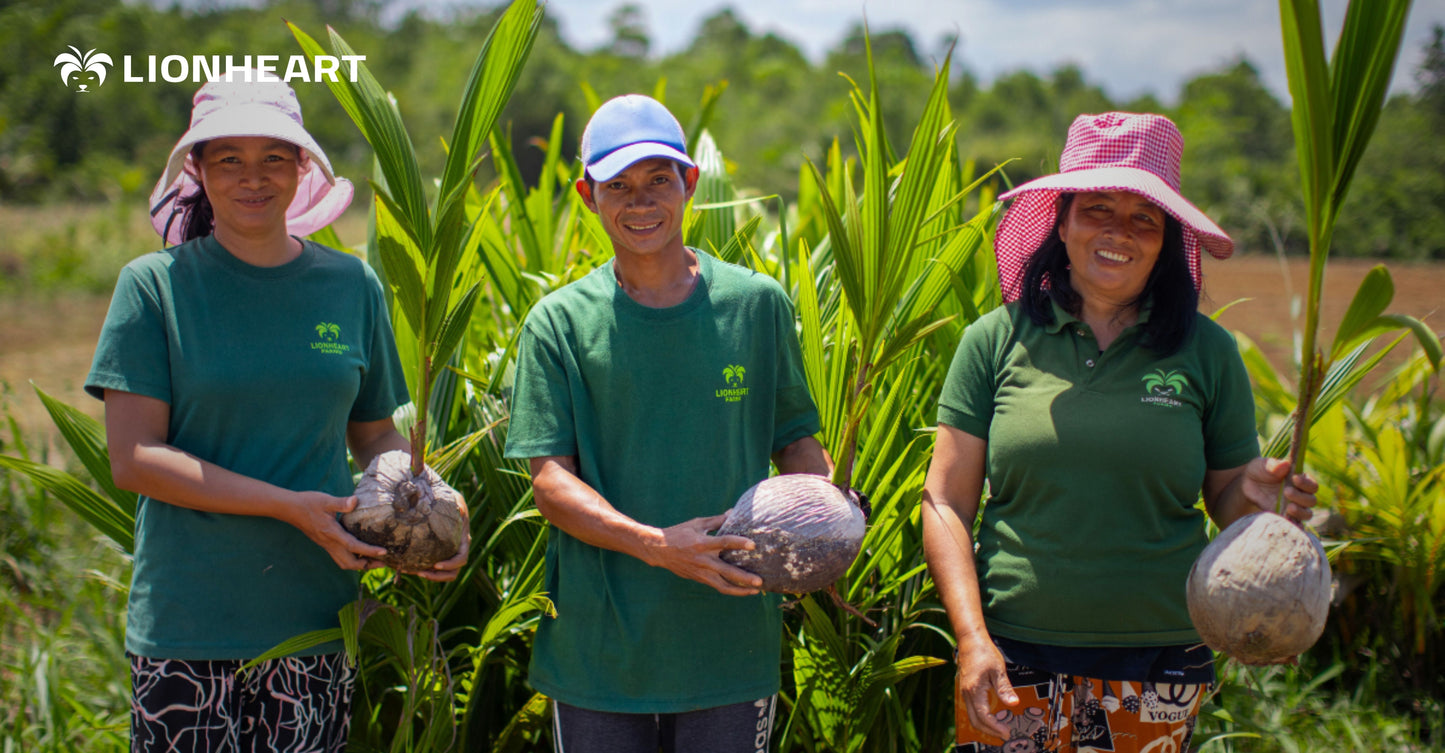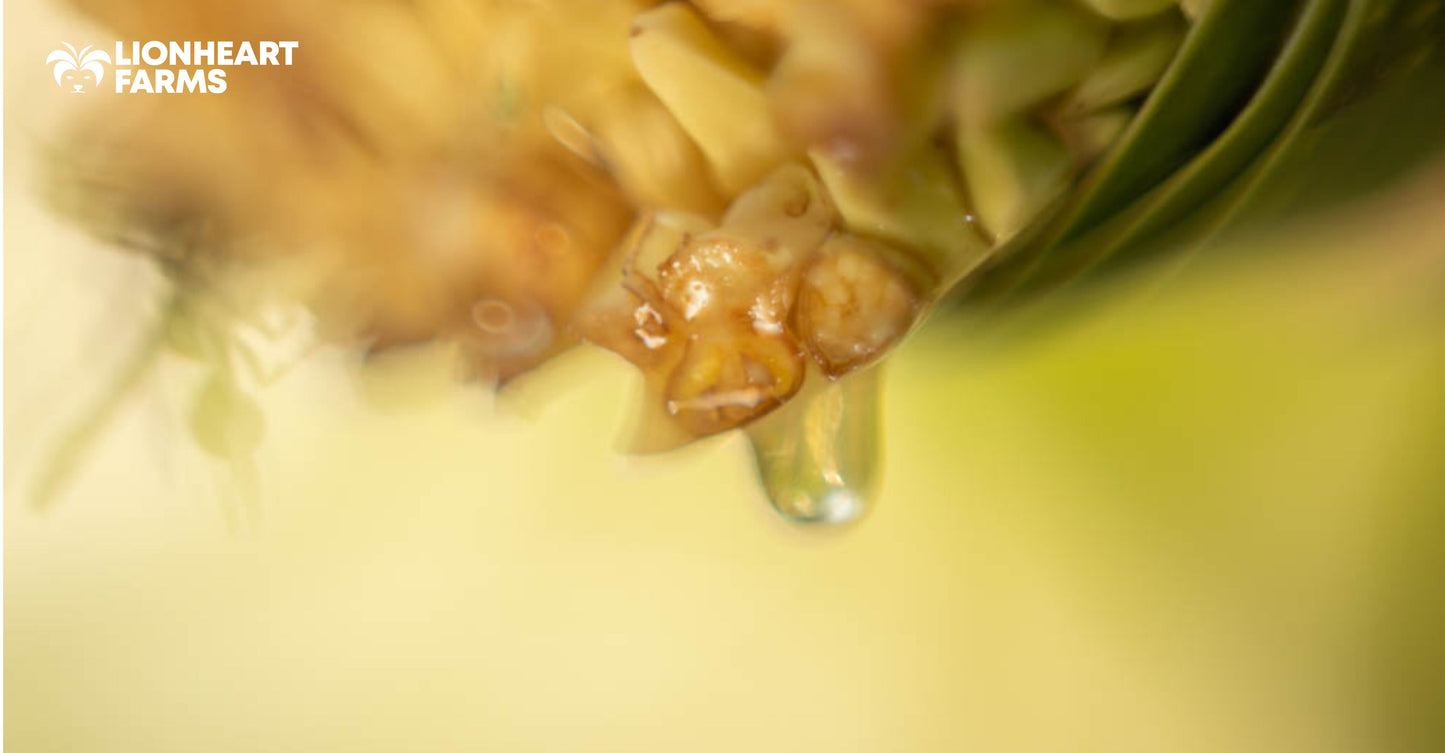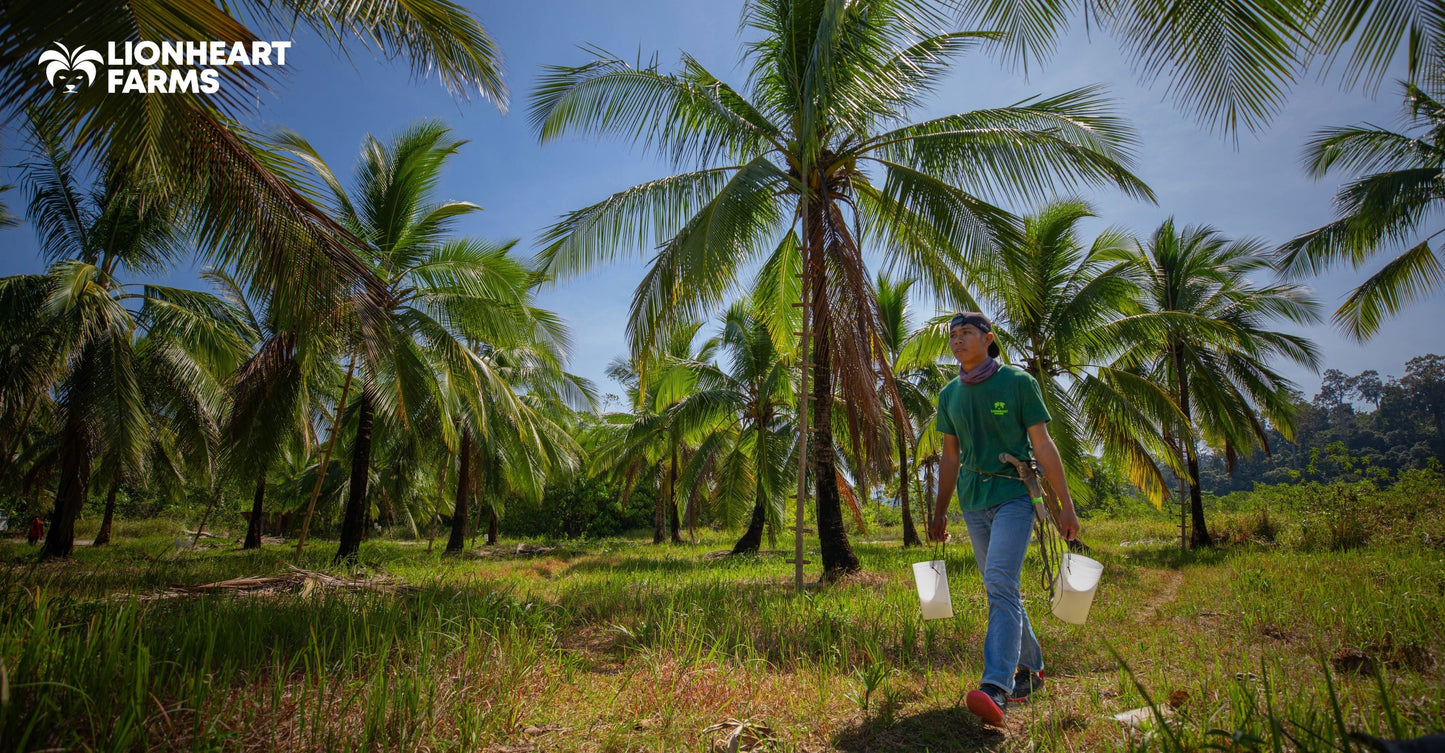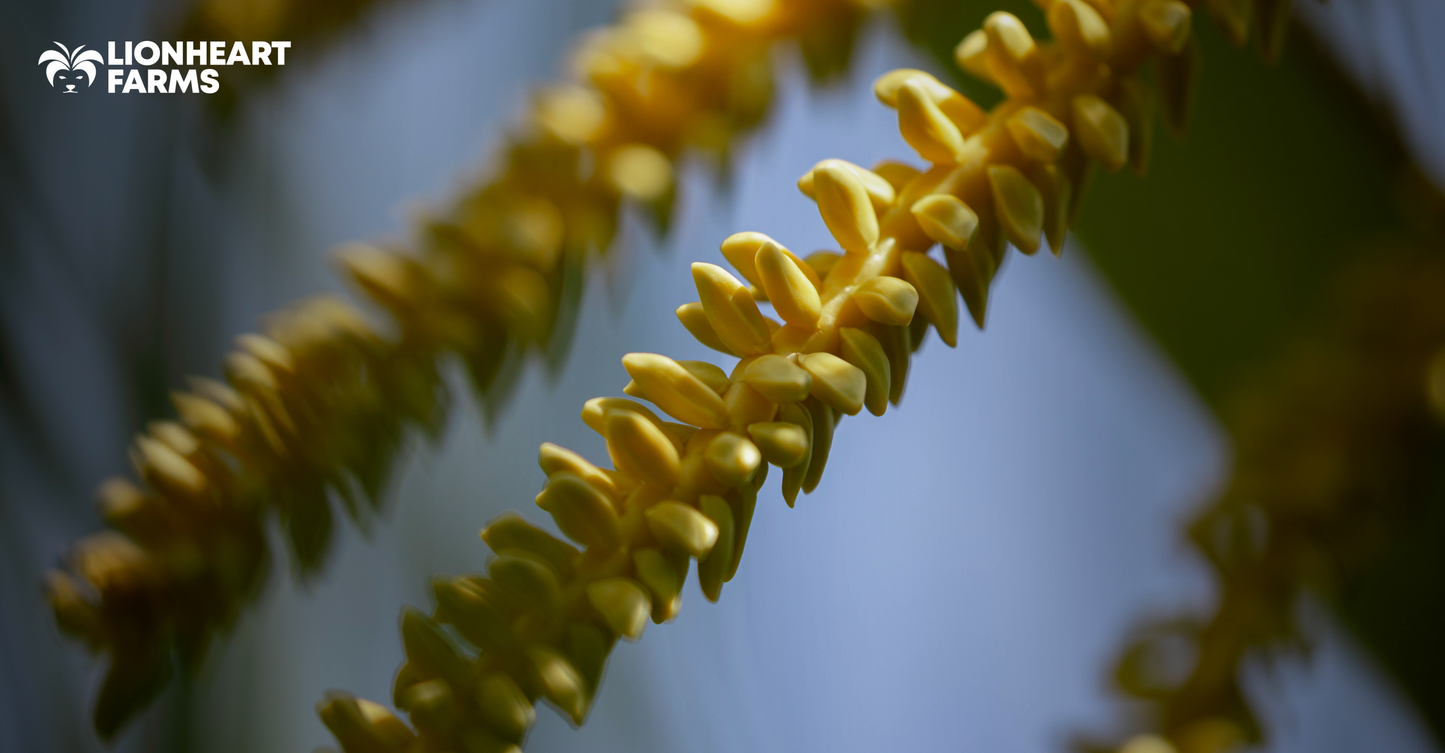From Farm to Table, Across Borders: How Lionheart Brings Sustainable Goodness to You
Good food starts with good farming—and here at Lionheart, that journey begins with the pure sap of the coconut flower. Every product we create reflects our deep commitment to sustainability, community growth, and food that stays true to its roots, all the way to your table.
How to Tap Coconut Nectar (Sap) Sustainably?
Did you know that tapping coconut sap sustainably not only preserves the tree but ensures the highest quality sap? In this guide, we’ll walk you through the right coconut palms to use, the proper tools for tapping, and how to maintain cleanliness for fresh, high-quality sap.
The Environmental Impact of Sustainable Coconut Farming: A Lionheart Farms Perspective
Sustainable coconut farming at Lionheart Farms addresses climate change, conserves water, and restores soil health—all while empowering local communities. With practices like coconut palms sequestering carbon and reducing water consumption, we’re setting a global standard for eco-friendly agriculture.
How Sustainable Coconut Sap Is Transforming Lives
Sustainable coconut sap farming empowers rural communities by providing income and preserving traditions. Farmers like Jando Timong in Palawan, Philippines, produce this eco-friendly sweetener to meet growing global demand. Discover how sustainable practices are shaping a greener future for the coconut sap industry.




